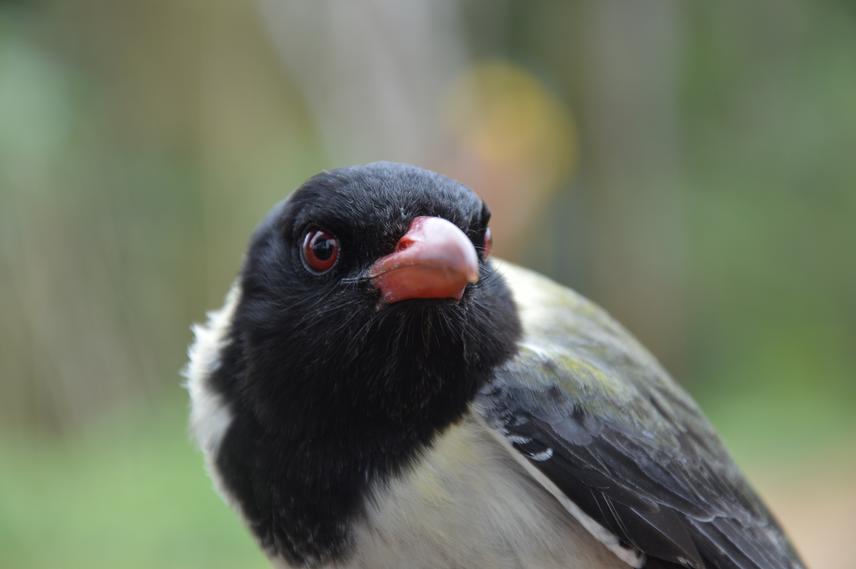Ricardo de Lima
Other projects
31 Jul 2009
The Impact of Changing Agricultural Practices on the Endemic Birds of São Tomé
9 May 2012
The Impact of Changing Agricultural and Forestry Practices on the Endemic Species of Sao Tome – Letting People Know
This project will assess bird dispersal of native and exotic seeds in São Tomé Island, contributing to define long-term strategies for the conservation of its endemic-rich forests.

Habitat loss and introduced species have long been identified as major threats to the conservation of forests and native species. Nevertheless, the mechanisms through which these threats operate remain poorly understood, namely at the level of species interactions.
Our work will improve our knowledge on the role of bird seed dispersal on the dynamics of tropical island rainforest ecosystems. We will use a network approach to assess this type of interaction at the species level, in native and in secondary forests. This will give us a better understanding of how birds might be contributing to spread exotic plants and to native forest regeneration.
We will use the forests of São Tomé Island as a case study. This island is a biodiversity hotspot, with one of the highest concentrations of endemic species worldwide. Its forest avifauna is almost entirely composed by endemic species, but introduced plant species can be abundant, especially in secondary forests. By studying the interaction between these taxa we will gain a better understanding of forest dynamics in the island, especially since many of the endemic and also of the exotic plant species seem to rely on bird dispersal.
This project will create the basis for future ecological works in São Tomé. Namely, it will build in-country capacity for bird mistnetting and for seed identification, and a seed reference collection.
The knowledge gained by this project is key to define effective long-term conservation strategies for the forests of São Tomé and its endemics. It will also provide a useful case study on biological invasions and forest regeneration for tropical rainforests across the globe, in the context of island ecosystems, which are well known for being particularly prone to human interferences. There will be an outreach component to allow passing on key results to the relevant stakeholders.